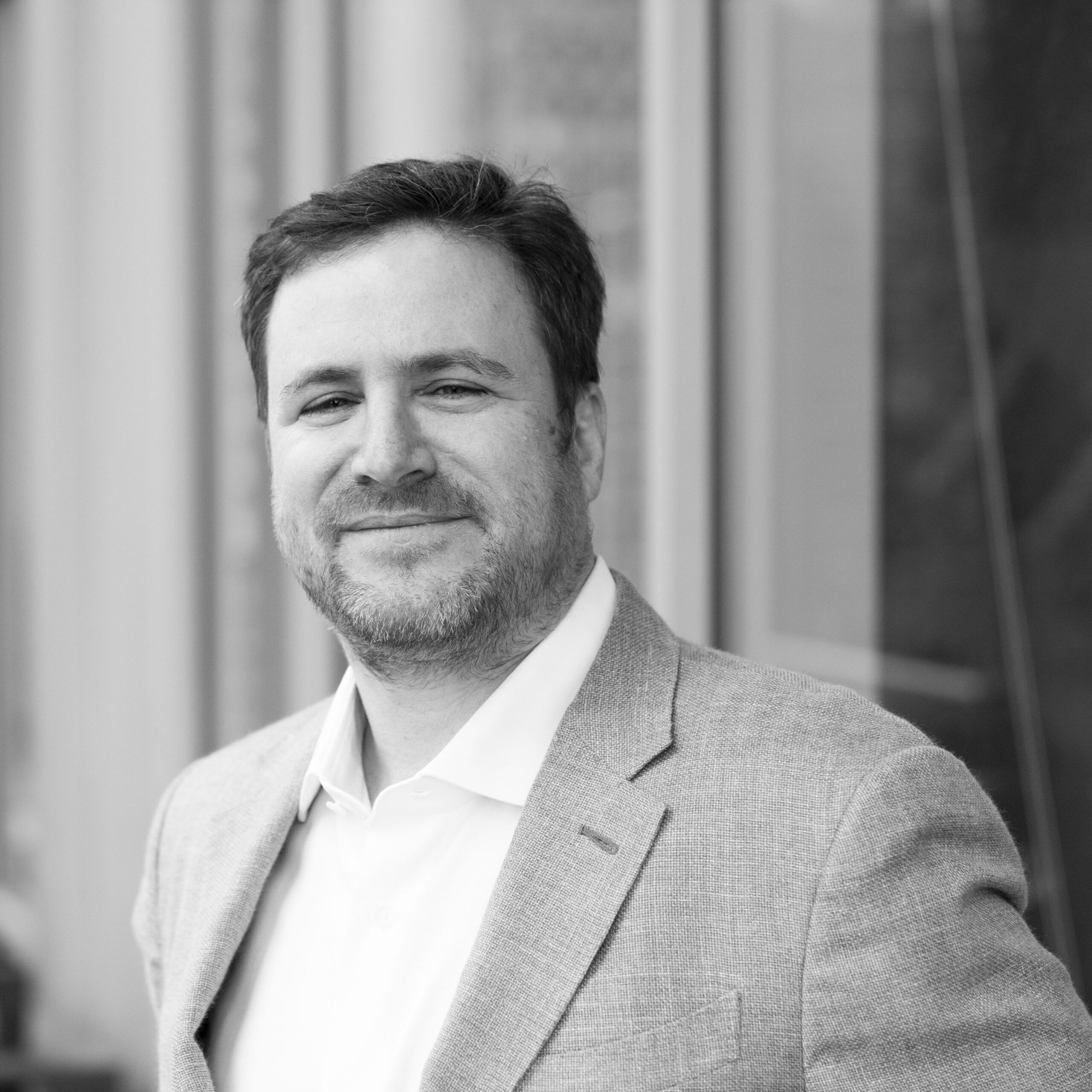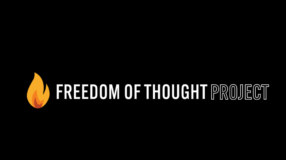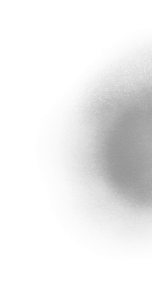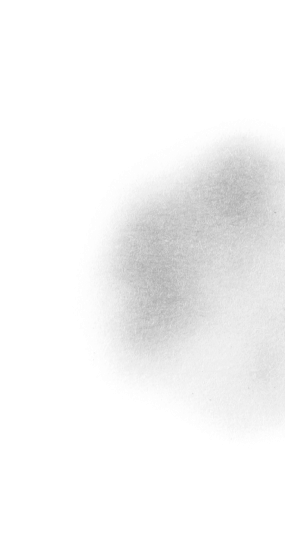The State of Law Schools and Their Influence on the Legal Profession, by Jay Edelson
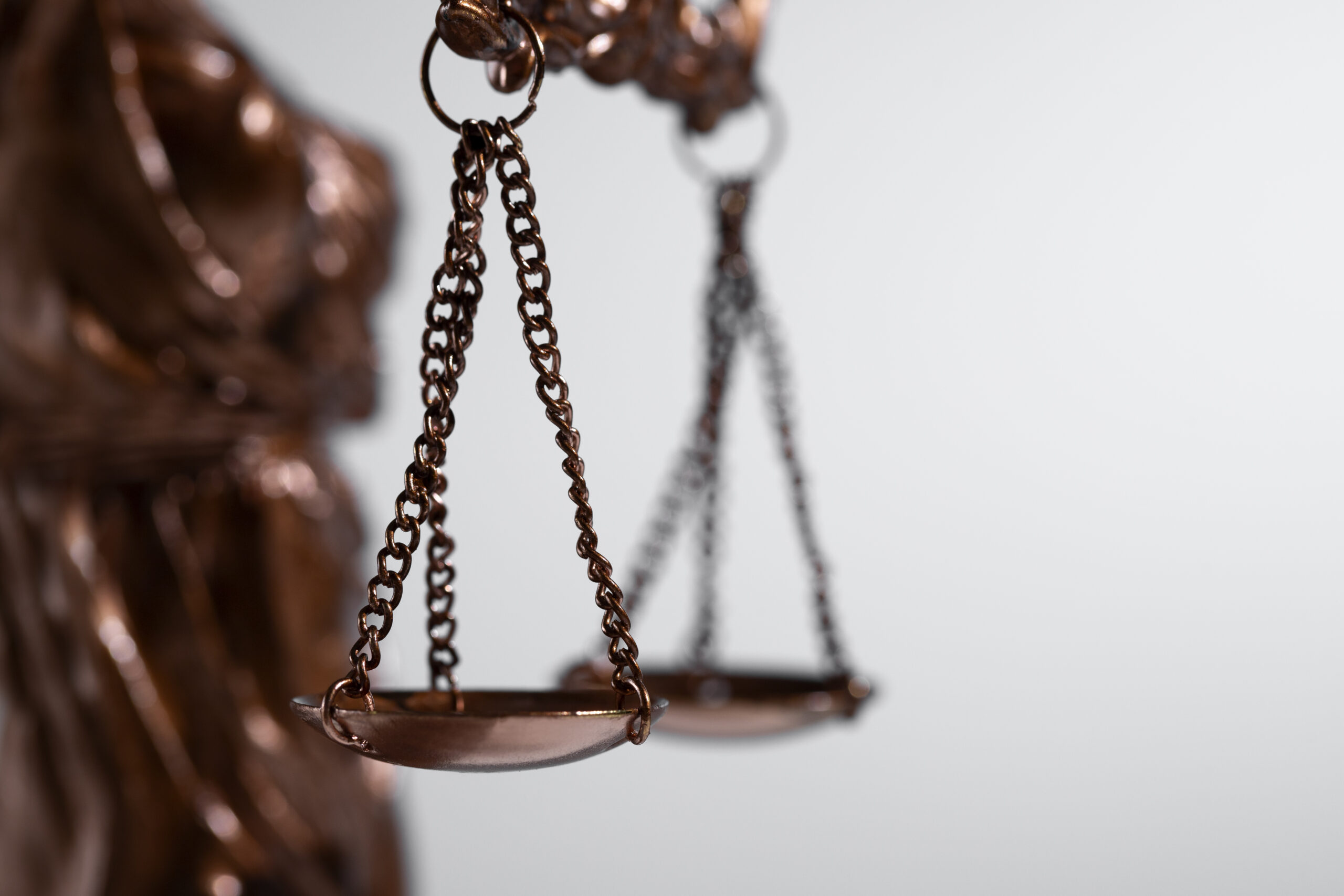
I’ve been led by a guiding principle, born from my college days studying philosophy, that the best way to grow personally and intellectually is to grapple with opposing views advanced in good faith by serious people. That’s an easier principle to endorse in theory than in practice, especially with the extreme tribalism that is coming to define every corner of the political spectrum. But, to the extent I owe my success to one thing, adhering to “the best argument wins” approach is as good a choice as any.
With this as a backdrop, I was intrigued to be invited by the Federalist Society for a panel on “Discussion, Coercion, and the Pursuit of Truth.” No one ever asked what my personal politics were before I joined the panel, but my publicly left-of-center views and career as a plaintiff’s lawyer certainly made me an outlier for most Fed Soc events—particularly where someone is handing me the (virtual) microphone. My fellow panelists were much more steeped than I in the current debates—or sometimes, even the subject of those debates—about whether law schools and the legal practice should be embracing, or avoiding, uncomfortable topics.
My outlier status was what made the panel interesting for me, albeit less safe than, say, yet another panel about how juries are increasingly receptive to privacy lawsuits, and I was happy to join.
As the panel discussion unfolded, I made clear that I agreed with my co-panelists in what I viewed as the core argument advanced in the joint discussion: that we need more, not less, debate in law schools. People learn more from opposing views than their own. Nowhere is this clearer than in the legal profession, where the adversarial nature of the job requires the ability to both make and deal with uncomfortable arguments. Calling a defendant a “fraudster” is not exactly dinner table conversation. Nor is it terribly pleasant hearing from a judge that she is skeptical of the argument you are putting in front of her.
These are moments of conflict, and as a litigation firm, it is the essential function of our job to deal with them. But in the end, I don’t view the adversarial nature of our system as a negative: as I discussed on the panel, the worst thing a judge could do to me is put politeness over asking me tough questions at a hearing. True, I might be more comfortable in the moment, but I would lose the chance to truly engage with the judge and hopefully convince her of my position.
Though I am confident that my fellow panelists didn’t agree with everything I said (just as I didn’t agree with all aspects of their points), the amount of overlap in our positions was both a little surprising and entirely welcome. Paul Clement, as just one example, explained that the worst appellate panels he faced were the quiet ones, because he too had less chance to convince skeptical judges. He also emphasized, like me, that he learned the most in law school from those who had different world views. (My most influential law school professor was Professor James Krier, mostly because his pragmatic approach to the law butted heads with the idealistic notions I carried with me from college.)
None of this is to suggest that I believe it is appropriate to make anyone personally uncomfortable (by, for example, focusing on their personal characteristics or using words that are meant to offend). But we can’t conflate politeness to the person with the avoidance of true engagement with the issues.
This last point is critical for my line of work. As has been revealed through the Tom Girardi scandal, one of the most prominent plaintiff’s attorneys of our generation was stealing tens of millions of dollars from clients for decades. Worse, scores of legal professionals — from lawyers to bar investigators — knew about this and covered up for him. When we uncovered the first threads of the scandal and made clear we were going to go public, we were basically told that it would be professionally impolite to do so: it would make all plaintiffs’ lawyers look bad, and we could just avoid all this adversity by sweeping a multi-decade fraud under the rug. We, of course, declined.
I’ve witnessed the same argument-against-argument crop up in our broader efforts to reform the plaintiff’s bar. When we started to call out lawyers for putting their interests over those of their clients, we were called “non-compliant” to our face (likely a much nicer way of how our colleagues were talking about us in private). We were told that calling out other bad lawyers, especially by name, is not professional. One lawyer even got a puff piece published in the National Law Journal arguing, with a shocking lack of self-awareness, that in-fighting within the plaintiff’s bar was costing all of us money. (We responded with a music video of our own suggesting that these views are best left to the dustbin of history. The NLJ declined to cover the release of our video.)
I continue to join with the panelists that in a profession that is adversarial by its nature, we should be training our young lawyers to be prepared for that. Shutting down debate in favor of avoiding intellectual discomfort does not serve the next generation of lawyers in most cases, though as I said, there is a line to be drawn. Exactly where to draw it will have to be, well, openly discussed.

